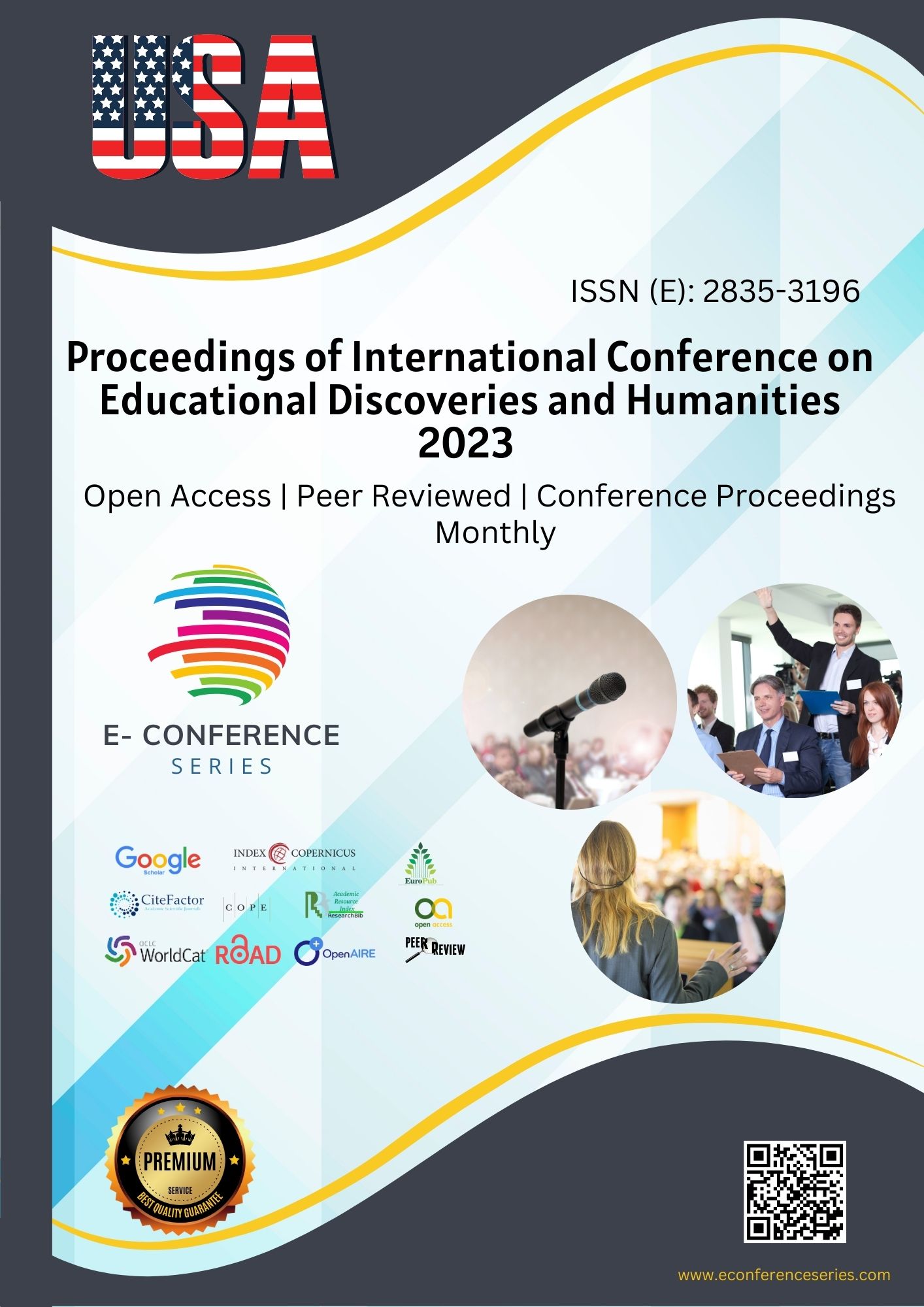THE DEVELOPMENT AND MONITORING OF INCLUSIVE EDUCATION POLICIES: A CRITICAL ANALYSIS OF CURRENT IMPLEMENTATION EFFORTS IN UZBEKISTAN
Keywords:
Inclusive education, children with special educational needs, Uzbekistan education system, educational policy, disabilities, quality education, national education development, legislative measures, funding challenges, international practices.Abstract
This essay explores the importance of inclusive education, focusing on its goals, objectives, and the current state of its development in Uzbekistan. The main task of inclusive education is to provide quality education for all children, regardless of their abilities or circumstances. Key principles such as ensuring children with disabilities can learn alongside their peers in general education schools are emphasized. The essay also addresses recent legislative measures, including Uzbekistan's "Concept for the Development of the National Education System until 2030," and efforts to improve education for children with special educational needs. Challenges, such as insufficient funding and the lack of resources, are highlighted, along with the need for targeted financial support to effectively implement inclusive education. Additionally, the essay reflects on international practices and underscores the importance of creating inclusive opportunities for children with disabilities to ensure their full participation in society. The essay concludes by emphasizing the need for continuous monitoring and evaluation of the inclusive education system to ensure its success in the future.
References
This will ensure that in the future, children who require inclusive education can access their learning without facing significant difficulties.
Downloads
Published
Issue
Section
License

This work is licensed under a Creative Commons Attribution-NonCommercial 4.0 International License.








